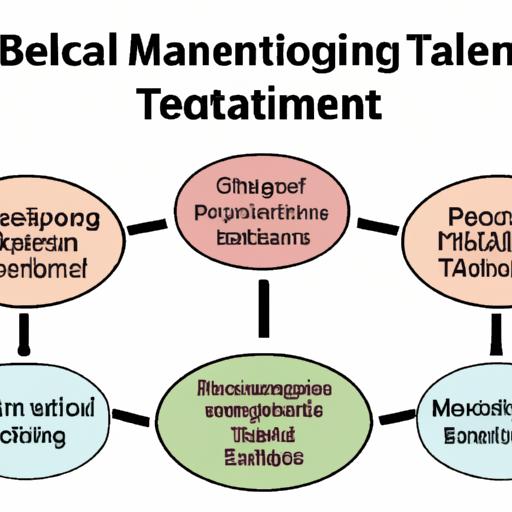In a bid to protect traditional farming practices and uphold the sanctity of meat production, a growing number of Republican-controlled states in the US are ramping up efforts to ban lab-grown meat. The controversial move has sparked a heated debate within the agricultural industry and among consumers, highlighting the clash between technological advancement and age-old traditions. Let’s delve into the complexities of this contentious issue and explore the implications of such legislation in our society.
Growing Opposition to Lab-Grown Meat in GOP Strongholds
In recent months, the pushback against lab-grown meat has gained momentum in traditionally Republican states across the US. Legislators in states such as Texas, Florida, and Nebraska have introduced bills aiming to ban the sale and production of lab-grown meat within their borders.
This growing opposition is fueled by concerns about the potential impact of lab-grown meat on traditional agriculture and livestock farming. Proponents of the bans argue that lab-grown meat poses a threat to the livelihoods of farmers and ranchers, as well as to the overall agricultural industry.

The Role of Big Agriculture in Pushing for Bans on Lab-Grown Meat
In recent months, there has been a surge in efforts to ban lab-grown meat in several Republican-led US states, with big agriculture playing a significant role in pushing for these bans. Proponents of traditional meat production argue that lab-grown meat poses a threat to their industry and could potentially harm rural economies.
<p>Big agriculture companies, with their substantial influence and lobbying power, have been actively working to sway legislators and public opinion against lab-grown meat. They argue that lab-grown meat is not as safe or sustainable as traditional meat and could disrupt the way food is produced and consumed.</p>

Potential Economic Impacts of Banning Lab-Grown Meat
As moves to ban lab-grown meat intensify in Republican US states, the potential economic impacts of such a decision are being closely scrutinized. One of the primary concerns is the effect on the burgeoning lab-grown meat industry, which has been hailed as a more sustainable and ethical alternative to traditional animal agriculture.
Should lab-grown meat be banned, it could lead to job losses in the industry and hinder technological advancements in the field. Additionally, consumers may face fewer options when it comes to ethically sourced protein alternatives. On the other hand, proponents of the ban argue that it could protect traditional farmers and ranchers from competition and maintain the status quo in the meat industry.

Recommendations for Balancing Traditional Agriculture with Emerging Technologies in the US Meat Industry
In light of the growing popularity of lab-grown meat in the US, traditional agriculture has been facing challenges in maintaining its foothold in the meat industry. Some Republican states have been pushing for bans on lab-grown meat, citing concerns about the impact on the agricultural sector. However, it is essential to find a balance between traditional agriculture and emerging technologies to ensure the sustainability and growth of the meat industry.
Here are some :
- Invest in Research and Development: Allocate resources to research and develop new technologies that can enhance traditional agricultural practices.
- Collaborate with Tech Companies: Partner with tech companies to leverage their expertise and resources in integrating emerging technologies into traditional agriculture.
- Implement Sustainable Farming Practices: Embrace sustainable farming practices to ensure the long-term viability of the meat industry.
The Way Forward
As the debate over lab-grown meat continues to heat up in Republican US states, it is clear that the future of food regulation is far from settled. With concerns about safety, labeling, and economic impact all at play, it remains to be seen how lawmakers will navigate this rapidly evolving industry. Whether you see lab-grown meat as a promising solution to sustainability challenges or a threat to traditional agriculture, one thing is certain – the battle over its future is far from over. Stay tuned as this story unfolds and continue to question, explore, and engage with the issues that shape our food system.



